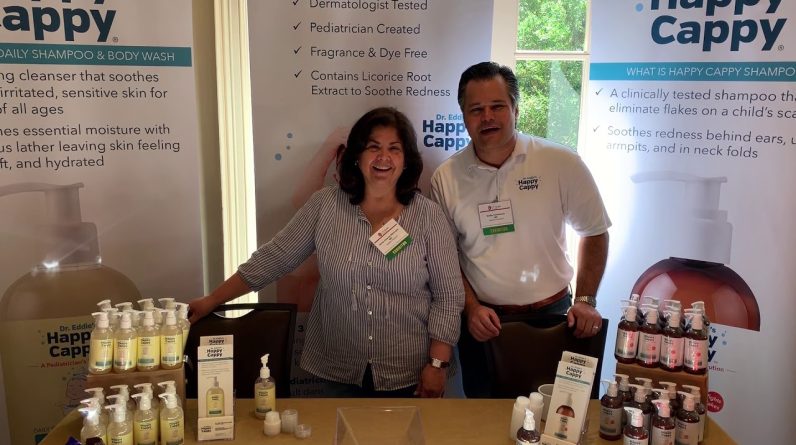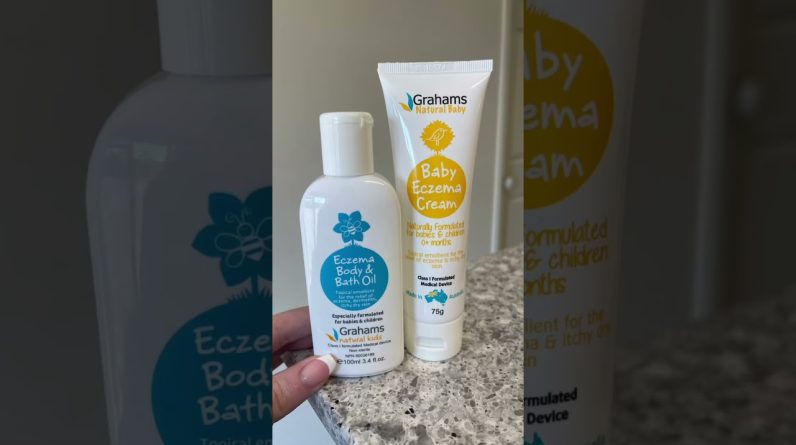Title: Potential Risks and Effects of Chlorinating Household Water
Chlorine is a chemical used to prevent bacterial overgrowth in water sources and for disinfecting sewage and industrial waste. It is also a component of some household cleaning products.
Ingesting or inhaling chlorine can lead to chlorine poisoning. It reacts with water both inside and outside the body, such as the water in your digestive tract, forming hydrochloric acid and hypochlorous acid. Both substances are highly toxic.
Chlorine may also make your skin and hair rough and brittle.
Risks of Exposure to Chlorinated Water:
According to the U.S. Environmental Quality Commission, the risk of cancer is 93% higher in people who drink chlorinated water compared to those using non-chlorinated water sources.
Research from Radboud University in the Netherlands found that:
Children who swam in chlorinated pools or polluted water during childhood had 2.2 to 2.4 times higher risk of melanoma than non-swimmers.
Male smokers who consumed chlorinated tap water for over 40 years had twice the risk of bladder cancer compared to smoking males using non-chlorinated water.
Effects of Chlorinated Water on the Skin:
One byproduct of chlorinated water is a carcinogenic substance called trihalomethanes (THMs), which can be absorbed through the skin. These chemicals are not easily degraded and typically accumulate in fatty tissues in the body, such as breasts, breast milk, blood, semen, and other fatty areas. They can induce mutations by altering DNA, suppress immune system function, and disrupt natural regulation of cell growth.
Therefore, people who frequently swim in chlorinated pools, take frequent baths or showers, may face risks.
Chlorine is, in fact, a bleach. The water coming out of the tap is essentially a diluted bleach solution. Chloramine is a combination of bleach and ammonia. Is drinking bleach or ammonia healthy?
Chlorinated tap water is a cause of skin irritation and can be associated with rashes like eczema. It breaks down polyunsaturated fatty acids and vitamin E in the body while generating free radicals during the oxidation process, damaging cells and tissues.
Hence, adding antioxidants to the diet, such as vitamin E, selenium, evening primrose oil, and flaxseed oil, is crucial for dry skin and eczema.
Chlorinated water disrupts friendly bacteria in the gut, which help in digestion and protect against harmful pathogens. Installing an effective water filtration system and supplementing with probiotics like lactobacillus and bifidobacterium in the diet can significantly improve many chronic digestive disorders, as well as chronic skin conditions like acne, psoriasis, and eczema.
Chlorine and chloramine are also known to worsen asthma, especially in children who frequently use chlorinated pools. Byproducts of chlorination also increase the risk of bladder, breast, and colon cancers.
source








